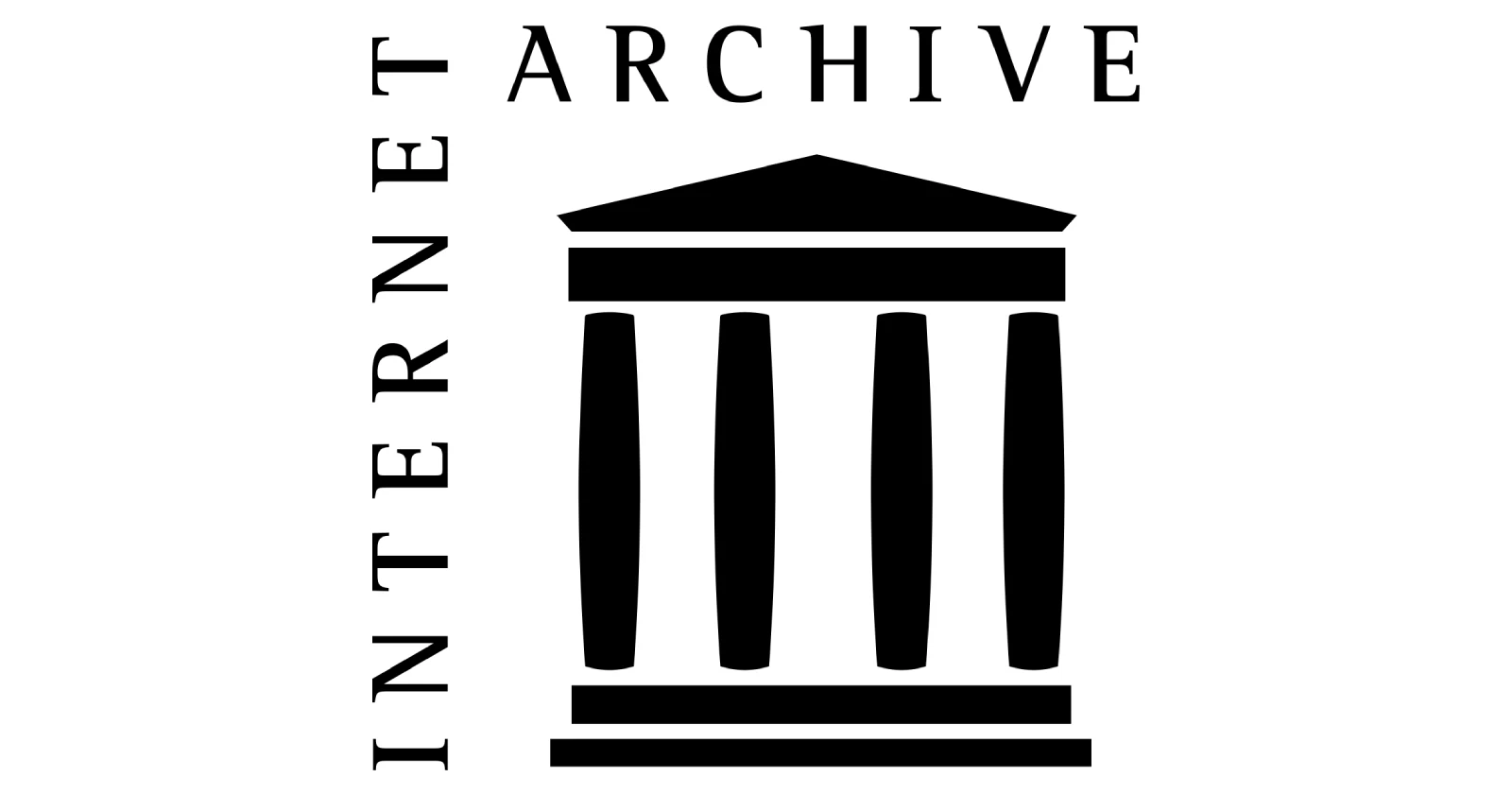Update 11/10/24 10:24 am (IST): Internet Archive had a massive breach exposing details of 31 million accounts. The website was also defaced during the breach and is currently offline. That said, there are no signs of the service shutting down following the hack. We’ll just have to wait for details about the ETA for the service to go online again.
Original article published on September 5, 2024, follows:
The Internet Archive, a digital library that has been a cornerstone of online information preservation for over two decades, is not shutting down despite recent legal setbacks. However, the nonprofit organization is facing significant challenges that will impact its operations, particularly in the realm of digital book lending.
On September 4, 2024, the Second Circuit Court of Appeals upheld a lower court’s ruling against the Internet Archive in a case brought by four major publishers: Hachette, Penguin Random House, Wiley, and HarperCollins. The court rejected the Archive’s “controlled digital lending” theory, which allowed the organization to scan physical books and lend out digital copies on a one-to-one basis.
The legal battle began in 2020 when the publishers sued the Internet Archive, claiming its digital library constituted “willful digital piracy on an industrial scale.” The dispute intensified when the Archive launched its National Emergency Library during the COVID-19 pandemic, temporarily removing lending limits on digital books.
News of the court’s decision sparked confusion and concern among netizens, with many mistakenly believing that the entire Internet Archive was shutting down. On social media platform X, one user asked, “So what does the internet archive losing actually Mean cause I find it very difficult to believe the whole thing is shutting down.” Another user expressed panic, stating: “The fact that they are shutting down internet archive is the worst, I don’t even have space for downloading all the interesting things there.”
Similarly, a post on Reddit asking if Internet Archive will be shut down got over 800 upvotes in the span of a few hours. However, these fears are unfounded. Chris Freeland, Director of Library Services at the Internet Archive, clarified the situation in a blog post: “We are disappointed in today’s opinion about the Internet Archive’s digital lending of books that are available electronically elsewhere. We are reviewing the court’s opinion and will continue to defend the rights of libraries to own, lend, and preserve books.”
It’s important to note that this ruling does not mean the end of the Internet Archive. The case specifically concerns the scanning and lending of copyrighted books without publisher permission. Other vital services provided by the Archive, such as the Wayback Machine (which preserves web pages), audio archives, and public domain materials, are not affected by this ruling.
As one user pointed out on X, “Reminder: the Internet Archive case only concerns the mass scanning and unauthorized distribution of books without permission from authors/owners. It isn’t shutting down the Wayback Machine, or the Grateful Dead bootlegs or anything else.”
However, the impact on the Archive’s book lending services is significant. As a result of the legal proceedings, access to approximately 500,000 books has been restricted. This has sparked concern among educators, researchers, and advocates for open access to information, who argue that the ruling could disproportionately affect underserved communities and hinder educational and research efforts.
In response to the court’s decision, supporters of the Internet Archive have launched a petition on Change.org titled “Let Readers Read: An Open Letter to the Publishers in Hachette v. Internet Archive.” The petition, which has garnered over 60,000 signatures, urges publishers to reconsider their stance and work with the Internet Archive to find a sustainable solution that supports both authors and public access to knowledge.
As the Internet Archive reviews the court’s opinion and considers its next steps, the organization continues to operate its other services. Users can still access millions of freely available resources, including public domain books, historical websites, and various media collections. Of course, legal battles do put a financial strain on companies, so we’ll have to wait and see how this affects IA in the long run.
TechIssuesToday primarily focuses on publishing 'breaking' or 'exclusive' tech news. This means, we are usually the first news website on the whole Internet to highlight the topics we cover daily. So far, our stories have been picked up by many mainstream technology publications like The Verge, Macrumors, Forbes, etc. To know more, head here.


